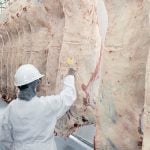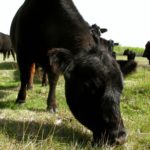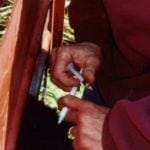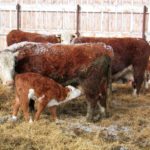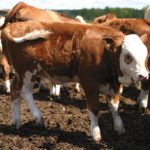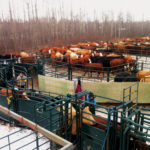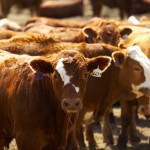Foot rot is an acute and highly infectious disease of cattle characterized by swelling and lameness. The condition is extremely painful. If not treated promptly, the infection invades other structures in the foot including bones, joints and tendons, complicating treatment and delaying recovery. Foot rot originates between the claws of the hoof. It is more […] Read more


